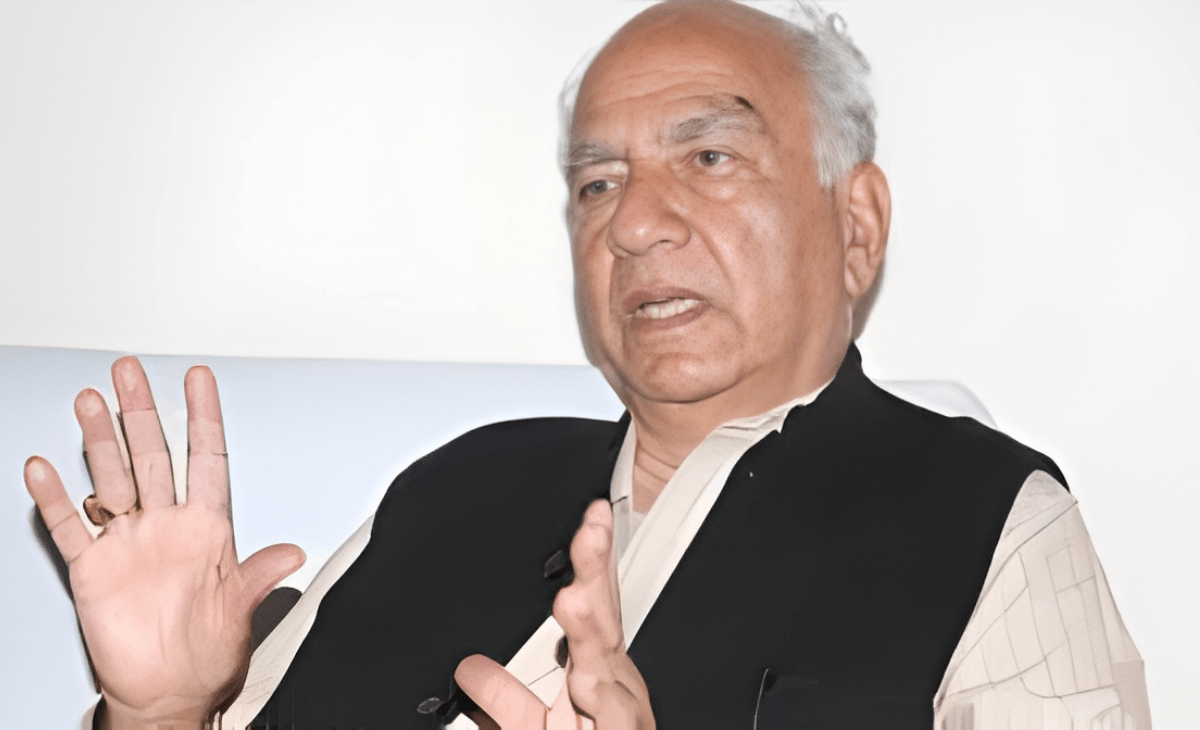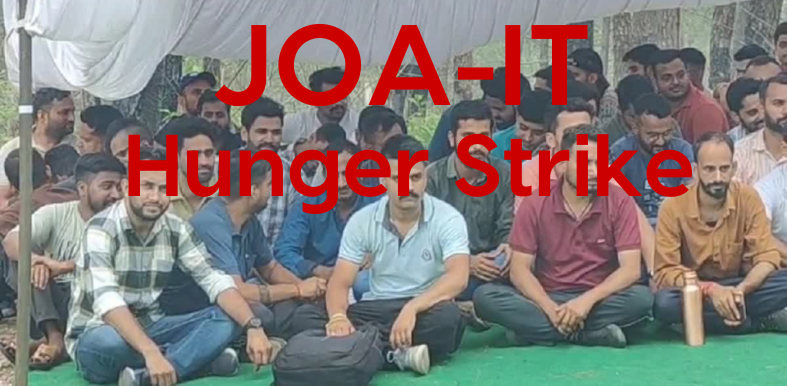S Gopal Puri
Dharamshala: A fresh tremor has shaken Himachal Pradesh’s political landscape — and it centres around a question many within the Bharatiya Janta Party (BJP) are quietly asking: Has veteran leader and former CM Shanta Kumar begun striking a note different from the party line?
Once celebrated as the face of simplicity, integrity and ideological politics in Himachal, Shanta Kumar has long been a towering figure within the BJP. A two-time Chief Minister, Union minister and a guiding voice for decades, he is a leader to whom the party has given everything — position, prestige and recognition.
Yet, recent developments suggest that his statements are increasingly placing the party in uncomfortable situations.
Note of praise that stirred waters
The latest controversy stems from a press note issued by Shanta Kumar in which he lavished praise on businessman Sanjay Prashar, who contested the last Assembly election as an independent candidate against the BJP’s official nominee.
The reaction within party circles was swift and uneasy. Many are now asking: Does public praise for a political rival fall within the boundaries of party discipline?
Or, is it a deviation from the ideological discipline that has long been the BJP’s backbone?
The situation is particularly delicate because the constituency in question is represented by Bikram Thakur, the sitting BJP MLA.
Thakur has maintained a visible presence in the region — whether taking up issues related to the death of activist Vimal Negi in connection with the Phekhuvela project or raising questions of local development and environmental impact.
Political observers say that a senior leader’s statement in praise of a past rival could complicate the ground-level political equation and send mixed signals to workers and voters alike.
Questions that follow
The development has reignited murmurs within political circles: Are Shanta Kumar’s comments unintentionally strengthening the Opposition’s narrative? Or are they simply an extension of his lifelong commitment to “ideal-driven politics” — a form of candour that often puts him at odds with organizational boundaries?
Legacy of principle and periodic dissent
Shanta Kumar’s image as a principled and ideological leader remains intact, but this is not the first time he has voiced discomfort with the party.
Twice he served as Chief Minister, and both terms ended prematurely. Over the years, his outspoken nature — once seen as moral clarity — has also brought moments of friction.
Palampur, his political home turf, remains one of the BJP’s most complex constituencies — a paradox in itself. The man who helped build the party’s foundations in Himachal has never been able to permanently cement its dominance in his own backyard.
Private opinion or political signal?
The larger question now is whether Shanta Kumar’s remarks reflect a personal viewpoint, a moral conviction, or a symptom of internal unease within sections of the party. Is a new line being drawn within the BJP — between senior individual expression and collective organizational discipline?
Whatever the truth may be, one thing is clear: Shanta Kumar’s statement has once again stirred Himachal’s political waters and set off a debate that the BJP can neither easily ignore nor publicly escalate.
In the months to come, it will become clearer whether Shanta Kumar’s straightforwardness proves to be a source of introspection for the BJP — or a fresh source of discomfort.
For now, his words have ensured that Palampur — and by extension, Himachal’s political conversation — remains anything but quiet.






